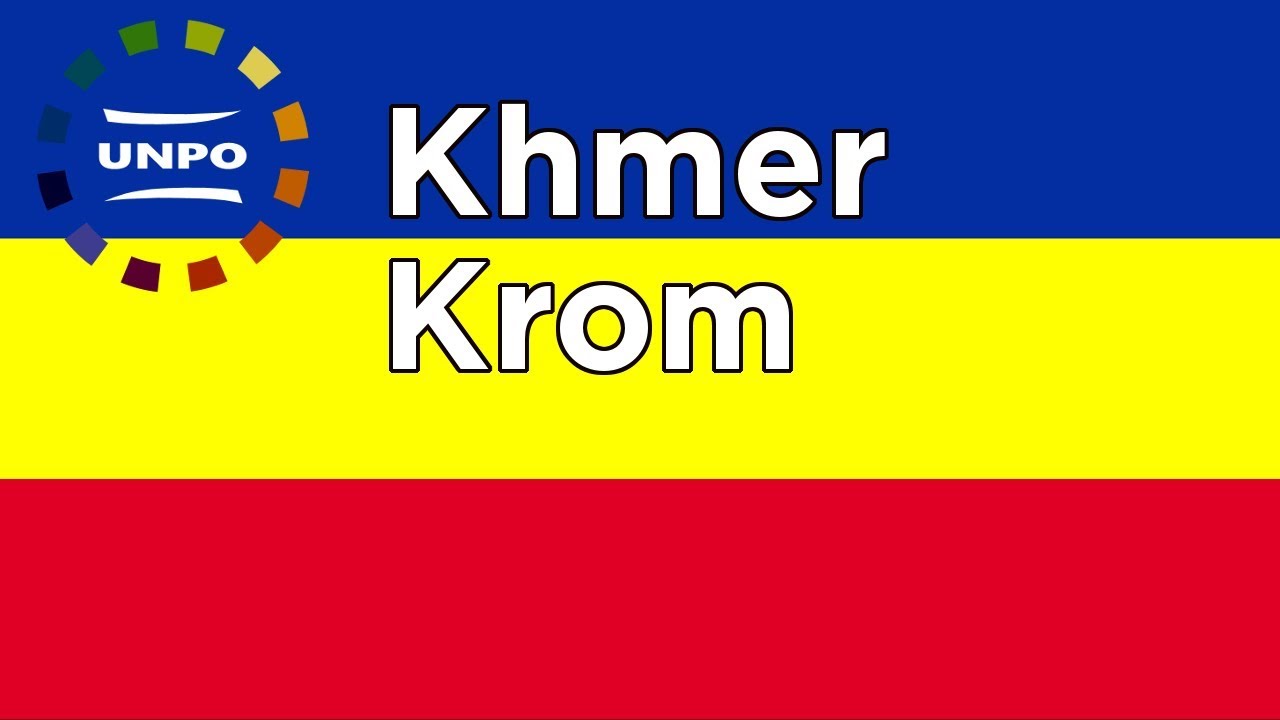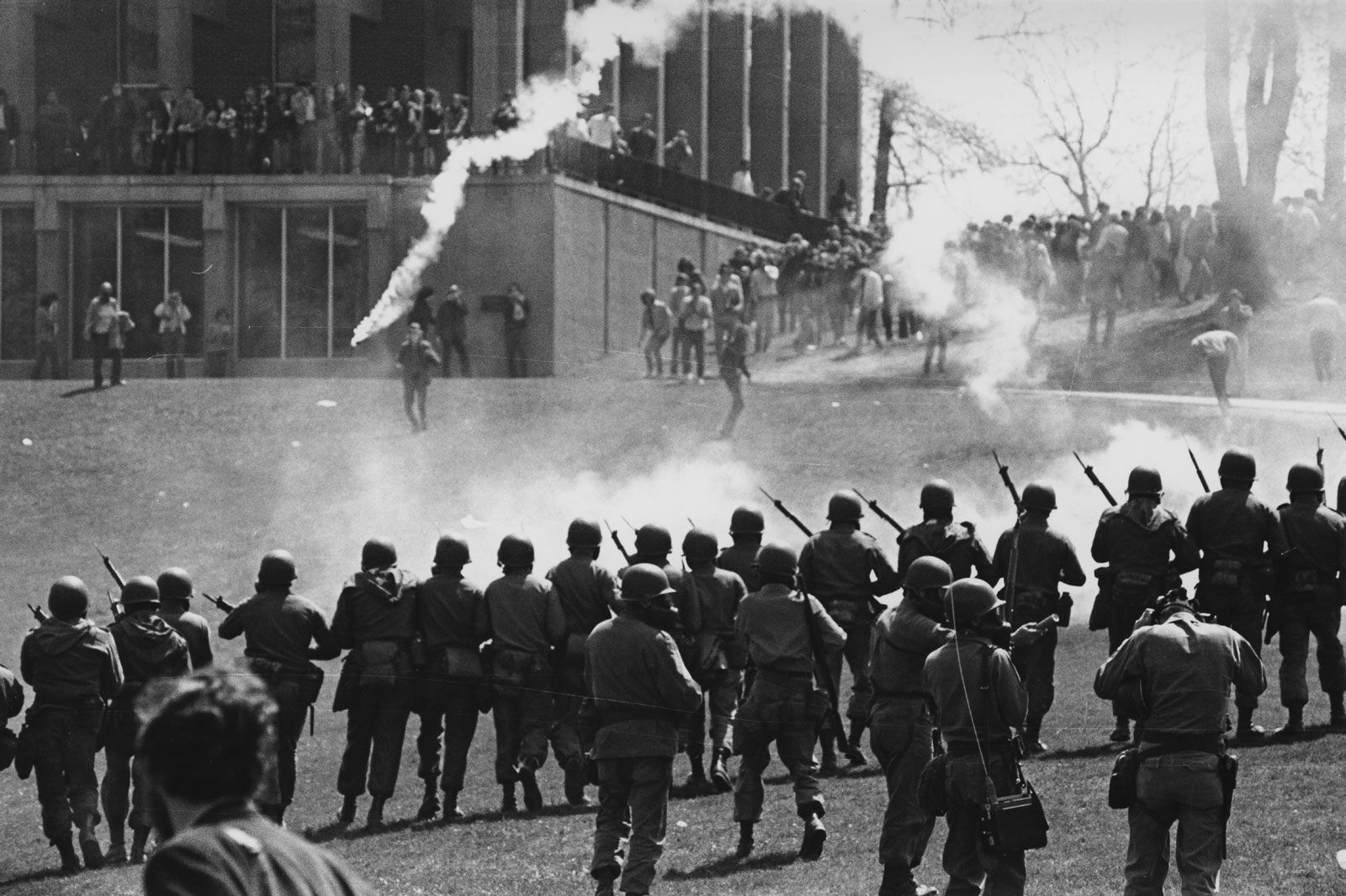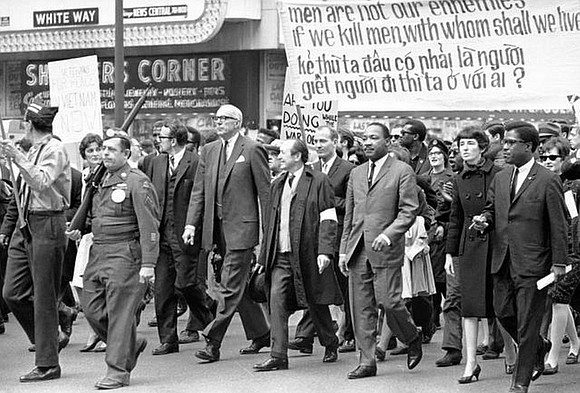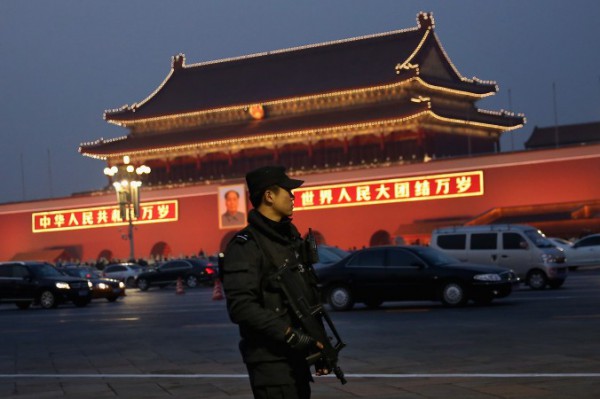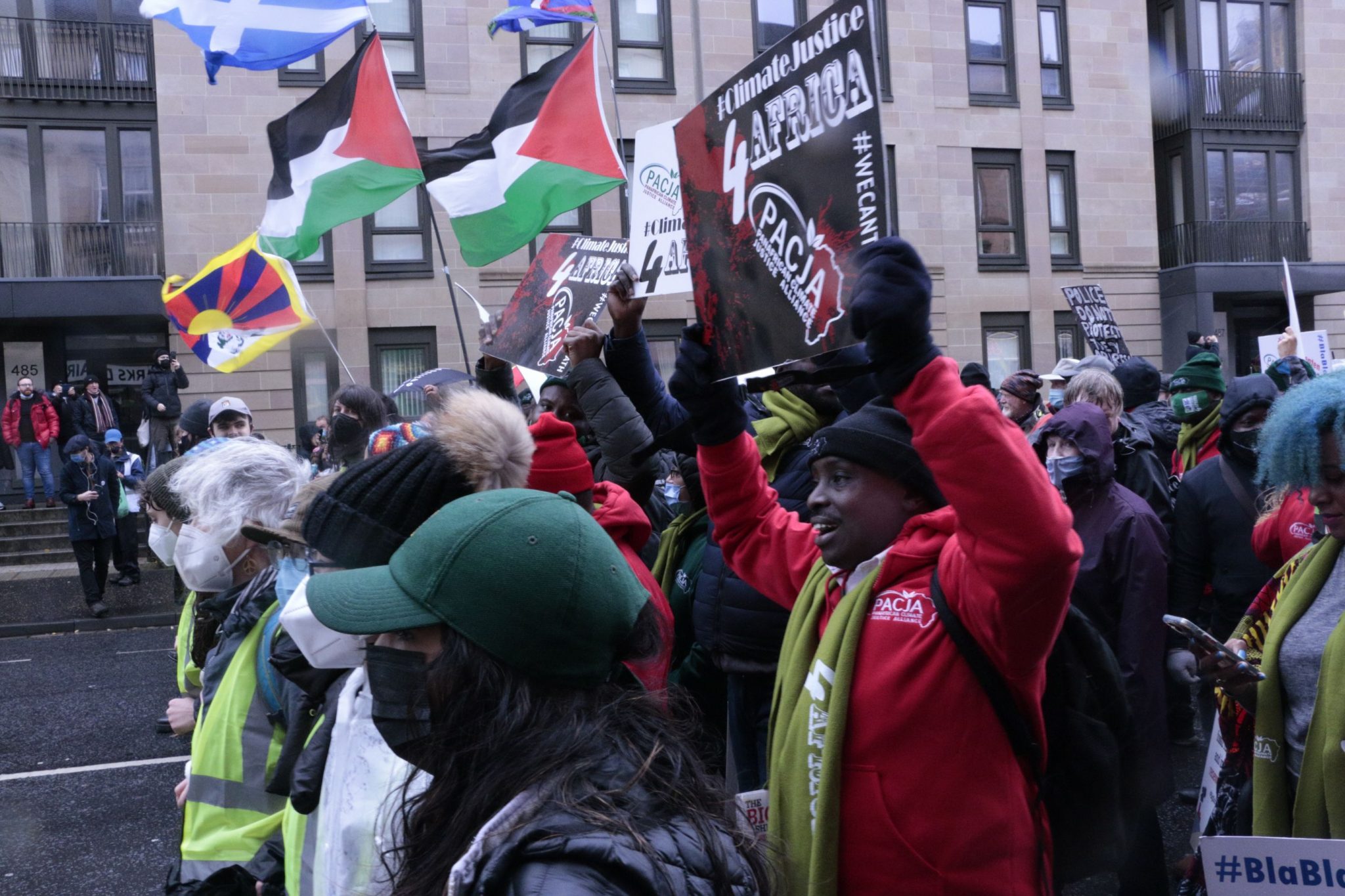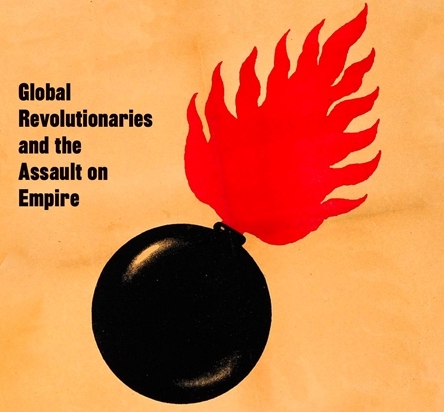
Triple-cyclone disaster crystalizes climate threat
A rare convergence of three tropical cyclones with the northeast monsoon has triggered the worst flooding to hit South and Southeast Asia in decades. More than 1,600 people have been killed, thousands remain unaccounted for, and whole villages have disappeared under mud and rising water. Roads, bridges, and other vital infrastructure have been torn apart, hampering rescue efforts as communities wait for help across Indonesia, Thailand, Sri Lanka, Vietnam and other affected countries. The scale of the disaster reflects a dangerous mix of climate pressures. Warmer oceans are intensifying storms, while a hotter atmosphere is capable of holding and releasing far more moisture. Environmental degradation has left many communities exposed: rivers once stabilized by forest cover burst their banks with little resistance. Humanitarian groups are urging governments to strengthen early-warning systems, invest in resilient infrastructure, and prioritize long-term adaptation—all of which makes the disappointing outcomes of this year’s UN climate summit even more worrying. (Photo: town in Sri Lanka after Cyclone Ditwah. Credit: UNICEF/InceptChange via UN News)



